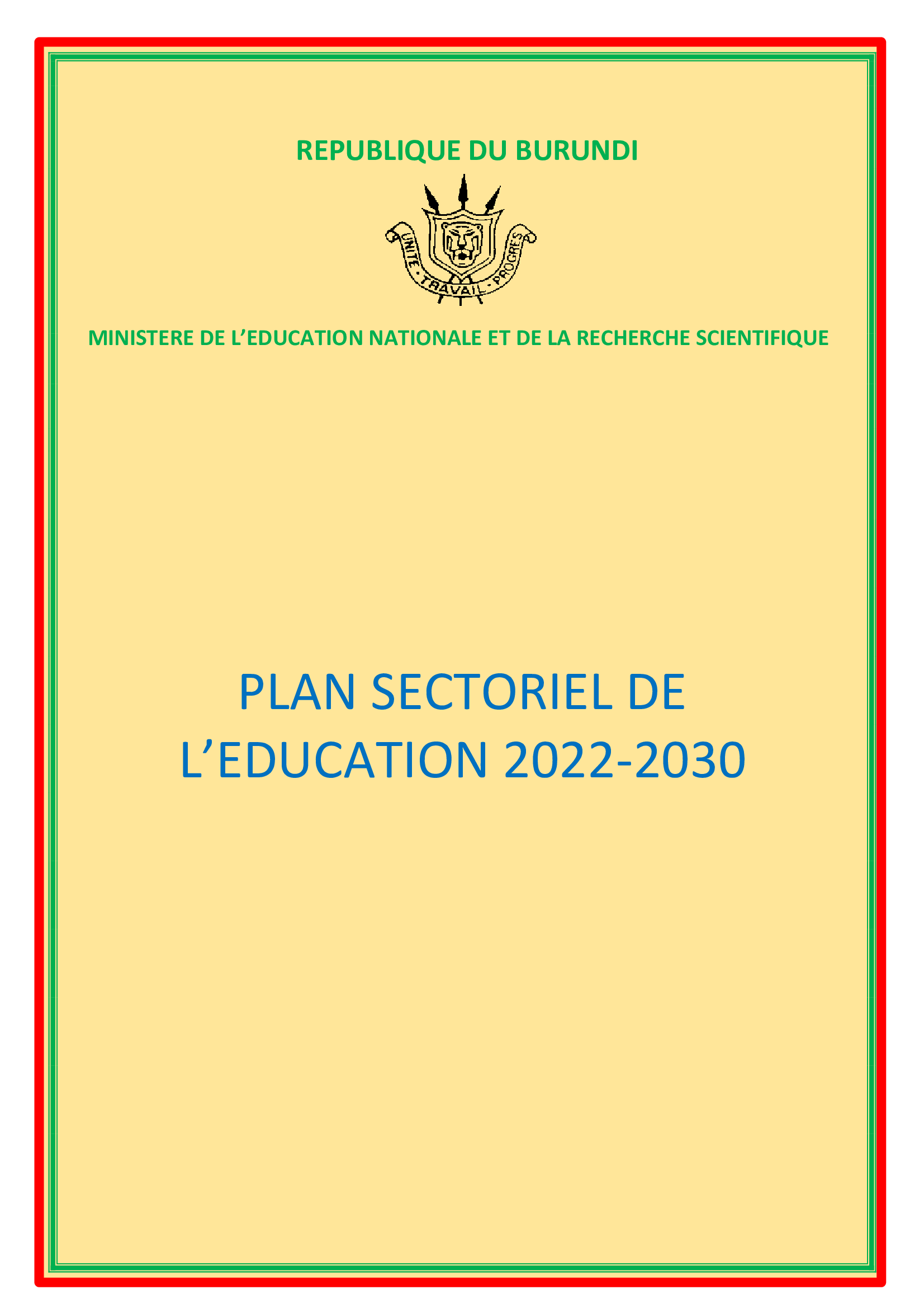-
Type: System capacity
Years: 2023 -
Allocation: US$162,786
Utilization: 0
Grant agent: UNESCO
-
Type: System capacity
Years: 2022 - 2024
Allocation: US$677,927
Utilization: US$99,688
Grant agent: UNICEF
-
Type: Accelerated funding
Years: 2021 - 2023
Allocation: US$9,380,000
Utilization: US$7,236,842
Grant agent: UNICEF
-
Objective:
Ensure the continuity of inclusive and equitable education in emergencies with a view to enabling every child to enjoy their right to education regardless of context, time and circumstances, to stimulate innovation, help the government build back better and participate in better integrating children into the education system.
Documents:
-
Type: COVID-19
Years: 2020 - 2022
Allocation: US$7,000,000
Utilization: US$4,350,770
Grant agent: UNICEF
-
Objectives:
- Provide educational content through radio programming
- Distribute radios and learning materials to the most vulnerable children
- Provide psychosocial support to students, teachers and parents
- Organize awareness campaigns on the prevention of COVID-19, unwanted pregnancy, gender-based violence, etc.
- Refurbish or construct WASH facilities in schools, including water fountains, hand washing stations, cleaning and hygiene kits
- Ensure remedial classes and additional learning support students
- Distribute meals to out-of-school students.
Document:
-
Type: Program implementation
Years: 2019 - 2026
Allocation: US$46,900,000
Utilization: US$17,956,769
Grant agent: AFD
-
Objective:
Support all children to attain expected outcomes of the basic education curriculum in a most efficient manner.
Documents:
-
Type: Program development
Years: 2019 - 2021
Allocation: US$200,000
Utilization: US$200,000
Grant agent: AFD
-
Type: Sector Plan Development
Years: 2017 - 2018
Allocation: US$416,927
Utilization: US$416,927
Grant agent: UNICEF
-
Type: Program development
Years: 2017 - 2018
Allocation: US$201,171
Utilization: US$201,171
Grant agent: AFD
-
Type: Program implementation
Years: 2016 - 2019
Allocation: US$20,100,000
Utilization: US$20,100,000
Grant agent: UNICEF
-
Objective:
Improve access to education.
Document:
-
Type: Program implementation
Years: 2013 - 2016
Allocation: US$30,200,434
Utilization: US$30,200,434
Grant agent: BTC
-
Objective:
Implement the country's education sector plan.
Documents:


